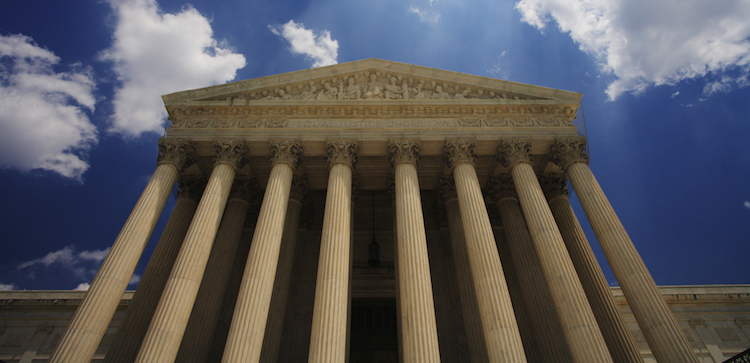Introduction
The U.S. Supreme Court recently announced its decision to hear three pivotal cases that could have significant implications for student loan debt and preventive health care. These cases come amidst ongoing debates surrounding federal regulations, particularly those associated with the Biden administration’s policies. The court’s willingness to engage with these issues highlights the critical legal landscape that shapes education and health care in America.
The Student Loan Debt Case: Department of Education v. Texas Career Colleges and Schools
The first case the Supreme Court will address is known as Department of Education v. Texas Career Colleges and Schools. This case originated from the 5th Circuit Court of Appeals in New Orleans, which halted the implementation of a Biden administration rule aimed at streamlining the student loan forgiveness process. This rule is particularly important for borrowers who allege fraud by their educational institutions. As part of efforts under the Borrower Defense Rule, the Biden administration has already forgiven over $17 billion in student loans to affected individuals.
The Background of the Borrower Defense Rule
Originally enacted in 1994, the Borrower Defense Rule has experienced numerous revisions, most notably in 2016, 2019, and most recently in 2022. The updates provided greater clarity and accessibility for borrowers looking to launch claims of fraud. However, the 5th Circuit’s unfavorable ruling for the Biden administration highlighted the continuing challenges related to this rule. Critics, including Texas career colleges, argue that the revised rule facilitates fraudulent claims by borrowers, thereby placing an undue burden on educational institutions.
The Court’s Inquiry into the Higher Education Act
As the Supreme Court prepares to take on this case, key legal questions will arise concerning the interpretation of the Higher Education Act of 1965. The court will consider whether the Act creates a legitimate pathway for evaluating a borrower’s defense in an administrative context. The 5th Circuit’s ruling has prompted the Supreme Court to examine its decision in light of these legislative frameworks, which could lead to a significant ruling affecting both students and institutions alike.
Preventive Health Care Case: Becerra v. Braidwood Management
The second case, Becerra v. Braidwood Management, brings forward legal questions regarding federal health care regulations, specifically the authority of the U.S. Preventive Services Task Force (USPSTF). This task force, established under the Affordable Care Act of 2010, is mandated to issue recommendations on essential preventive health services. However, a group of Texas residents, along with two small Christian-affiliated businesses, have challenged the constitutionality of how task force members are appointed, asserting that these appointments violate the Appointments Clause of the Constitution.
The Impacts of Health Care Regulations
This case has broader implications, especially regarding coverage for preventive health services such as HIV prevention drugs, which have sparked controversy and legal pushback. The Biden administration contends that the ruling by the federal appeals court undermines the task force’s authority and creates significant practical ramifications for health care coverage across various insurance providers. The ongoing dispute encompasses critical issues around public health, ethical debates on health insurance, and constitutional interpretation.
Tax Case: Commissioner of Internal Revenue v. Zuch
In addition to the aforementioned cases, the Supreme Court will also hear Commissioner of Internal Revenue v. Zuch, which relates to tax hearings. The core query will delve into whether a tax hearing remains valid in situations where there is no actual dispute regarding the tax proposed. This case emphasizes the intricate legal nuances surrounding tax law and the procedural dimensions of tax hearings, potentially shaping future regulations for taxpayers and the Internal Revenue Service.
Conclusion
The Supreme Court’s acceptance of cases concerning student loan forgiveness, preventive health care regulations, and tax hearings signifies a pivotal moment in the judicial determination of federal policies. The outcomes of these cases will likely reverberate across educational institutions, health care systems, and individual financial responsibility. As the nation grapples with the effects of these regulations, all eyes will be on the Supreme Court as it deliberates on these significant issues, and its decisions will set important precedents for future governance.
FAQs
- What is the Borrower Defense Rule?
The Borrower Defense Rule allows borrowers to request loan forgiveness if they believe they were defrauded by their educational institution.
- What is the role of the U.S. Preventive Services Task Force?
The USPSTF provides recommendations for preventive health services that must be covered by private health insurance under the Affordable Care Act.
- What are the implications of the Supreme Court cases?
These cases could reshape student loan forgiveness processes, health care coverage regulations, and clarify procedural aspects of tax hearings.
- When will the Supreme Court hear these cases?
The exact hearing dates for these cases have yet to be announced, but they are expected to take place in the upcoming court session.

